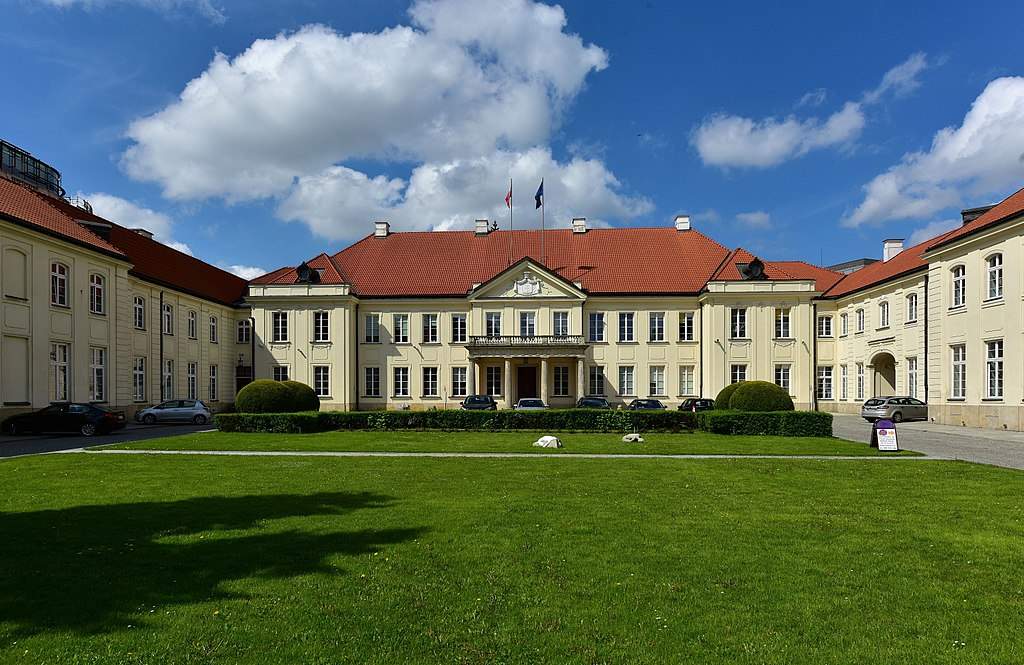Poland is not only holding the headlines these hours because of its veto on the European Budget (the only country in the Union to do so along withHungary: in fact, both disagree on the rule that makes the receipt of funds conditional on the recognition of the rule of law) and which threatens to blow up the Recovery Fund: in fact, the country’s cultural sector is in turmoil because Poland has decided to suspend its cultural aid program during the Covid-19 pandemic, due to accusations of favoritism and corruption that have swept through the government.
The Ministry of Culture launched a 400 million zÅ‚oty (about 90 million euros) plan to support more than two thousand beneficiaries. However, criticism has focused on the fact that the funds will not only go to museums, theaters, orchestras, cultural spaces, and art schools, but also to famous singers and actors. In fact, the beneficiaries include some of the country’s best-known names, such as the hugely popular Golec uOrkiestra, a folk-rock group that received 1.90 million zÅ‚oty (about 420 thousand euros), or like the disco polo band Bayer Full, which received a contribution of 400 thousand zÅ‚oty (about 90 thousand euros). Thus a strong wave of criticism was unleashed: among others who commented on the measures, as reported by Artnet magazine, were film director Karol Radziszewski and artist Aleksandra Karpowicz, two well-known names in Polish culture, including outside the country’s borders.
“Those who earned the most got a lot, those who are getting by with difficulty got little or nothing,” Radziszewski said, pointing out the fact that he did not apply for grants. “All this does not surprise me,” Karpowicz said instead. “Poland’s support for the arts is slow, chaotic, inconsistent. And the typical strategy of the ruling party is to give the poorest the crumbs and expect them to be grateful and loyal. And at the same time they open the door to corruption by giving large sums of money, unjustified, to friends, family members, supporters of the regime. This government is one of the most corrupt I have seen since 2000.”
In response to the criticism, the Polish prime minister (who is also minister of culture), Piotr GliÅ„ski, had to specify in a couple of tweets what the method of calculating the aid was: the minister specified that the aid was determined by “an algorithm” that granted support on the basis of losses. According to GliÅ„ski, the criticism is instrumental: “we have created mechanisms that allow entities from different sectors, including those affected by the restrictions on culture, to obtain fair relief for the losses they have suffered.”
And it is precisely this mechanism that has been criticized: because, according to critics, it is rewarding especially big names (who have lost more, but also have a much larger revenue base). Many, responding to his tweets, point out to him, for example, that there are many cultural institutions that will have difficulty surviving and yet the government has guaranteed large sums to the most popular in the country that they will have no trouble recovering after the pandemic (“A musician who runs no business,” writes one user, PrzemysÅ‚aw SieciÅ„ski, “has no savings, and barely survived the spring, wonders why the minister is generous to the rich and there is nothing for him. I would be glad to send you his contact via private message.”). Still others hold it against him that aid to famous artists is not paid by the minister out of his own pocket but is taxpayer money that should be better spent. GliÅ„ski then responded with some ironic tweets (“On Monday I will introduce a bill banning state aid to famous artists, we will shift these funds to help the most active tweeters: culture will not benefit, but public relations will be fine.”).
Hence, the decision to suspend the aid program: this was communicated by Minister Gliński himself, who promised through a statement that the list of beneficiaries will be reviewed for urgent verification and that Poland will make every effort to ensure that the audience of those who will receive aid is reached in an efficient and scupulous manner.
Pictured: Potocki Palace in Warsaw, headquarters of the Polish Ministry of Culture. Ph. Credit Adrian Grycuk
 |
| Poland forced to suspend aid for culture after criticism over corruption |
Warning: the translation into English of the original Italian article was created using automatic tools. We undertake to review all articles, but we do not guarantee the total absence of inaccuracies in the translation due to the program. You can find the original by clicking on the ITA button. If you find any mistake,please contact us.